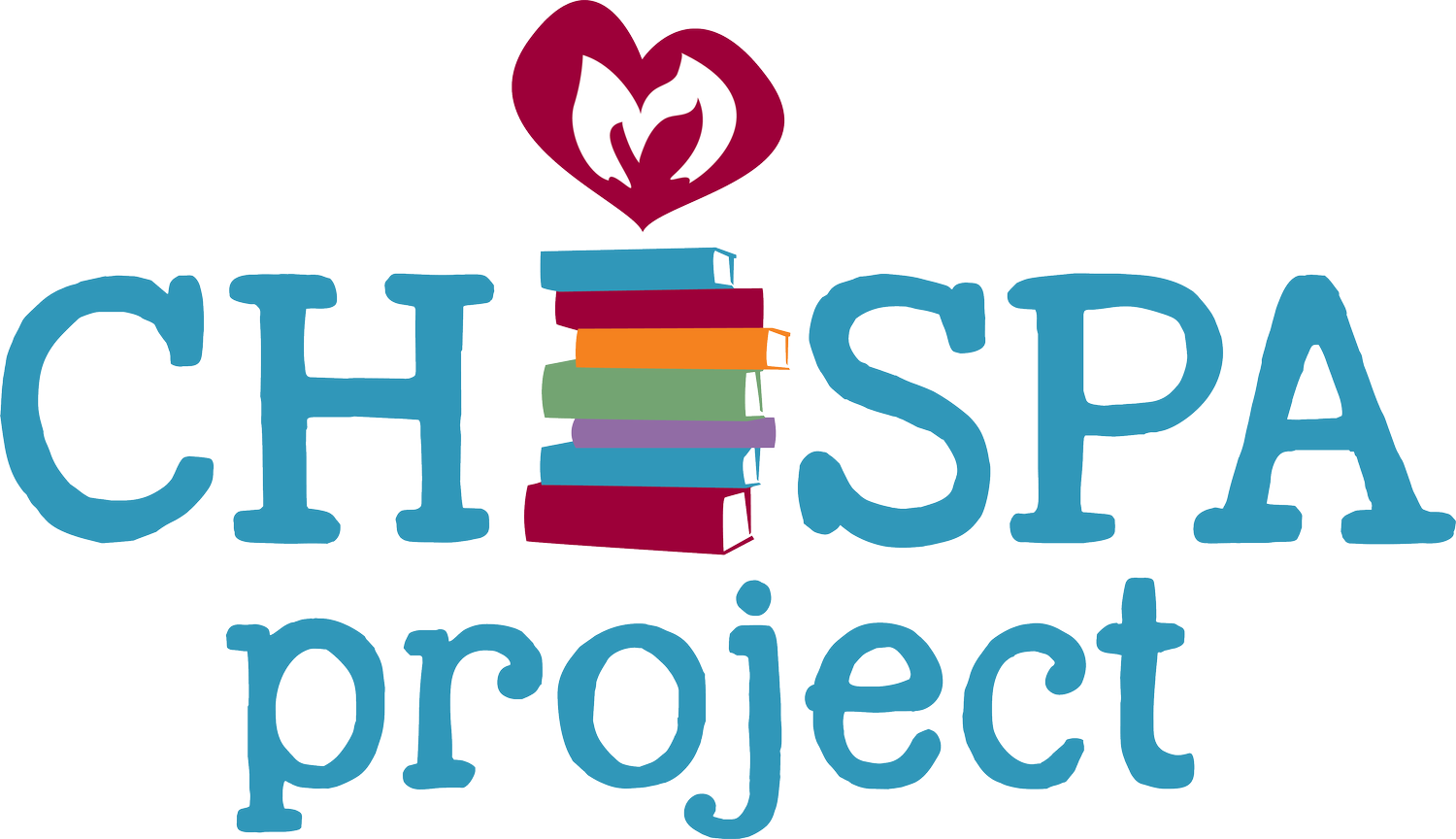Reflecting on Resiliency in the Face of Foreign Aid Funding Cuts
Dear Chispa familia,
It is with a very heavy heart that I send this letter, trying to find the words to express the grief, anger, confusion, and deep concern we have for Honduras in these times.
Many of you have asked how the sudden cuts to U.S. international aid have affected our work. This letter is an attempt to clarify the complexity of the situation, based on our experience on the ground.
The U.S. allocates less than 1% of its annual budget to international development, most of it through USAID. While small by percentage, that money accounts for nearly 30% of all global foreign aid. In an increasingly interconnected world, that kind of investment is often used as soft power—supporting democratic allies, reducing poverty, addressing root causes of migration, and preventing conflict.
But in 2025, in a move that stunned many across the development world, the U.S. government abruptly froze billions of dollars in foreign aid obligations. The decision, made without warning or clear explanation, triggered an immediate shutdown of programs worldwide. Vital services—food assistance, anti-violence programming, access to clean water, maternal healthcare—stopped overnight. In Honduras, nearly all U.S. foreign assistance programs have been terminated, amounting to a loss of approximately $120 million in annual funding, with $10 million of that dedicated specifically to the education sector. These programs provided a critical lifeline, the consequences have been devastating. Families, both those of our coworkers and of our school communities we work with, have been deeply affected.
The effects on Chispa Project have been threefold:
1) Yes, Chispa lost funding. About $60,000, or 15%, of our potential budget this year was tied to collaborative projects with other organizations working to build school libraries. While Chispa doesn't receive funds directly from USAID, aid dollars move through an interconnected web of partners. When major implementing partners lost their funding—and in some cases, up to 75% of their staff—the ripple effect hit us too. Several NGOs are now closing, taking with them critical services and expertise. One of our projects—bringing books to kindergartens in high-need communities—was especially painful to lose. These are places where stories are most needed, but where Chispa doesn’t yet have the independent capacity to serve.
2) But the deeper loss is strategic leadership. USAID, as a global institution, provides not only funding but also technical expertise and policy guidance to Honduras. They set evidence-based standards, fund research, and hold governments accountable. In Honduras, USAID has been one of the few actors pushing the government toward anti-corruption reforms and improvements in education. Their absence leaves a dangerous void—not just in money, but in accountability, vision, and coordinated strategy.
3) This isn’t just about aid; it’s about economic collapse. Hundreds of professionals are now unemployed, setting off ripple effects in a country where 1 in 2 Hondurans already live in poverty. An increase in poverty means an increase in desperation — which often leads to spikes in malnutrition, school dropout rates, child labor, migration, and violence. When basic needs go unmet, people are forced to make impossible choices. This instability not only affects the communities we serve, but also makes it harder for our team to operate safely and sustainably in the field.
So, what now?
1. When others leave, we stay. In the absence of U.S. government assistance and the loss of key partners, our role grows. Chispa is committed to staying the course — delivering long-term, community-led impact by building local leadership, sustaining literacy programs, and showing up with books, training, and accountability. We will continue to seek creative partnerships, stretch every dollar, and stay rooted in our grassroots model. We are determined to stay the course, but we do need your help to fill in the gaps and keep going strong.
2. Speak up and stay informed. Share Chispa’s work with others. Call your senators and ask where they stand on international aid. Learn how foreign assistance actually works — and how strategic, well-spent dollars can create peace, not just prevent conflict.
3. Act now. Don’t wait for someone else to fix it. Support grassroots organizations like Chispa that are still active and striving to make positive impacts. Honduras has a saying: todos podemos dar un granito de arena—everyone can give a grain of sand. Whether that’s your time, talents, or financial support, it matters. It keeps the chispa (the spark) alive.
We are more connected than ever, and when we show up for each other, everyone rises.
Thank you for continuing to stand with us.
With gratitude and determination,
Sara

